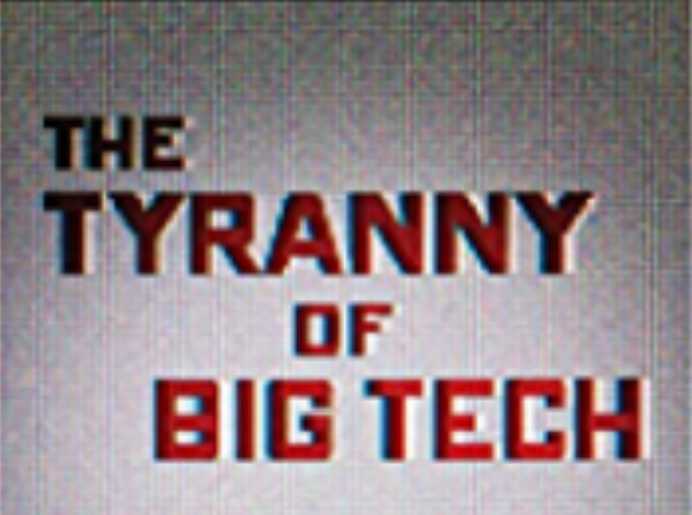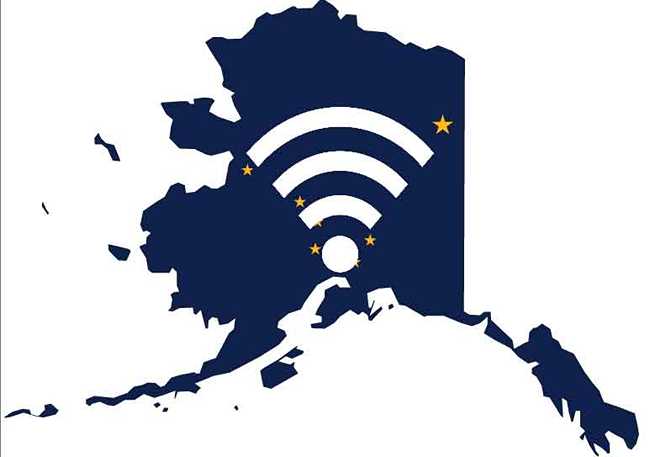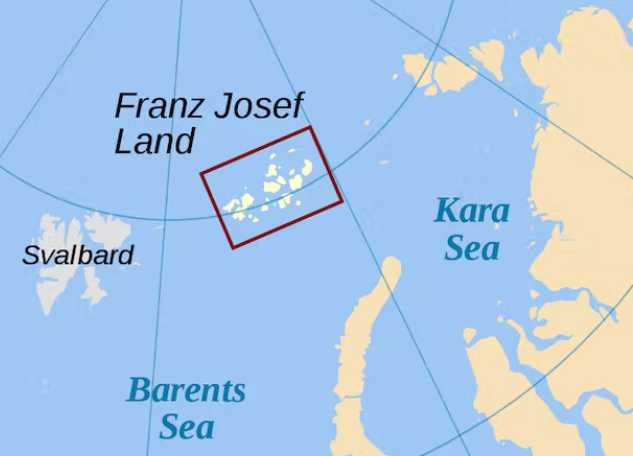Under Threat by the Courts, FCC May Be Forced to End Vital Programs That Help Connect Schools and Libraries, Hospitals, Rural Areas & Low-Income Households
The Universal Service Fund is a $8 billion decades-old mechanism created by Congress in 1996 to support vital communications investments where the marketplace falls short: connecting schools and libraries to high-speed internet; helping rural hospitals adopt telemedicine; ensuring low-income households have basic communications services; and investing in broadband in communities that need it most. As required by law, telecommunications carriers contribute a portion of their revenues to the Universal Service Fund.
The Fifth Circuit Court of Appeals recently held that the current administration of the Universal Service Fund is unconstitutional. Chairwoman Rosenworcel called the decision “misguided and wrong,” because it “upends decades of bipartisan support for FCC programs that help communications reach the most rural and least-connected households in our country, as well as hospitals, schools, and libraries nationwide.”
This decision breaks with rulings by the Sixth and Eleventh Circuits. Chairwoman Rosenworcel has said the agency will pursue all available avenues for review.
Why Does the Universal Service Fund Matter in Alaska?
Connecting Schools and Libraries (E-Rate Program):
- From 2022-2024, 496 schools and 81 libraries received $451,440,799 for broadband connectivity and internal connections.
- These programs benefited 137,603 students.
Broadband for Health Care Providers (Rural Health Care Program)
- From 2021-2023, 227 health care providers received $602,552,177 for connections.
- Two projects received $1,681,852 for the Connected Care Pilot Program, which explores how the Universal Service Fund can support telehealth beyond brick-and-mortar medical facilities.
Basic Phone and Internet for Low-Income Households (Lifeline Program)
- In March 2024, 19,289 subscribers received discounted phone and/or internet service.
High-Speed Internet in Hard-to-Connect Communities (High-Cost Program)
- In 2023, carriers in Alaska received $167,214,967 to connect households in the most rural communities.
[content id=”79272″]






